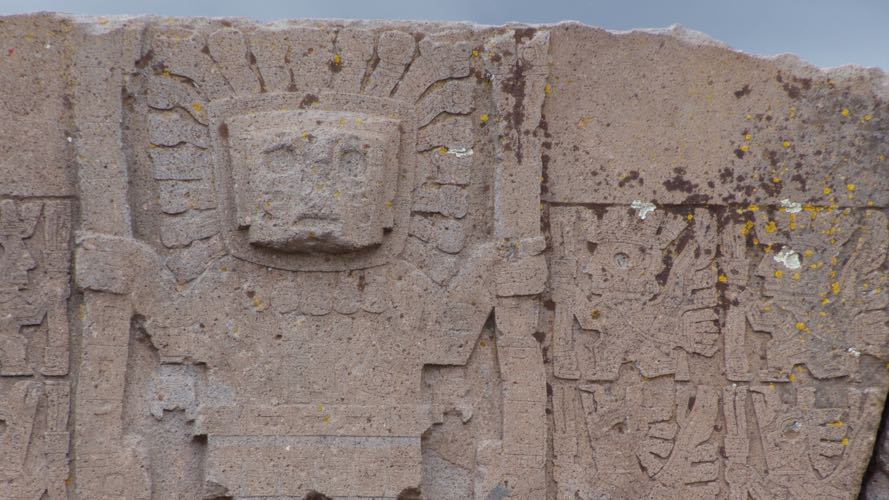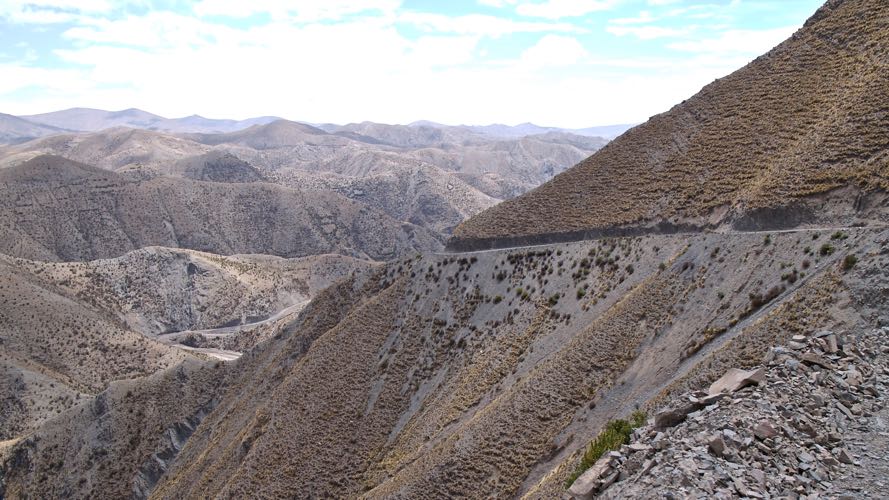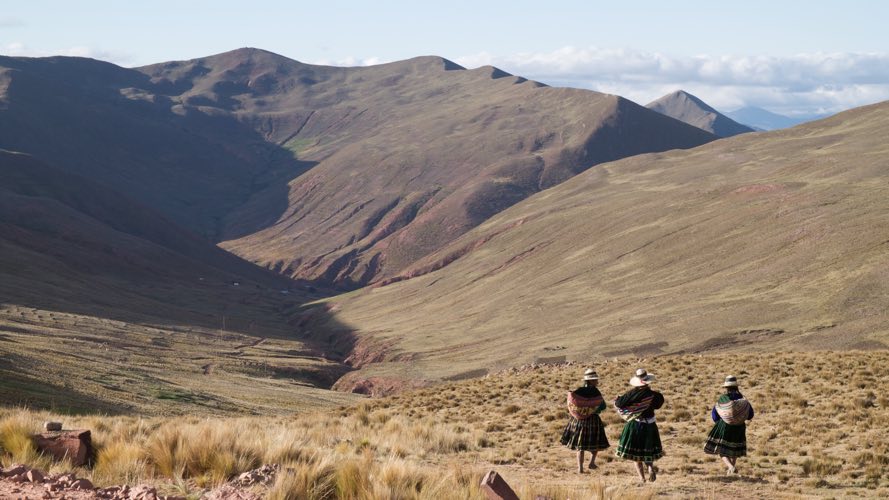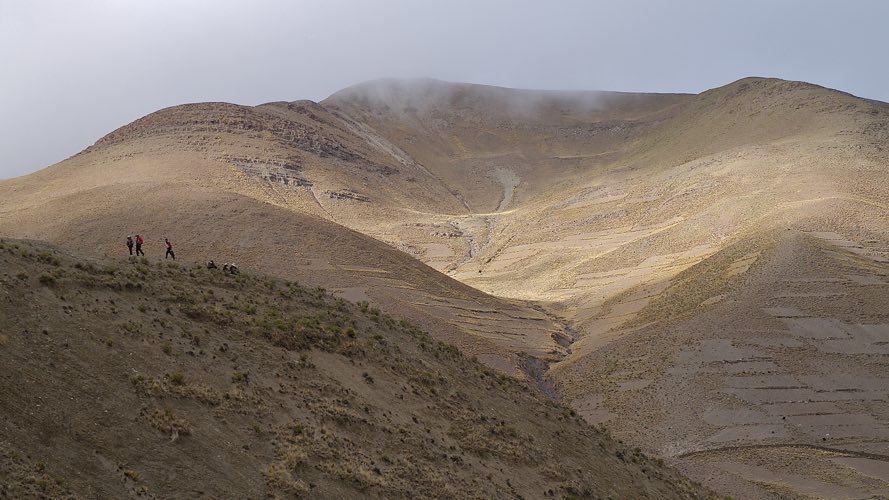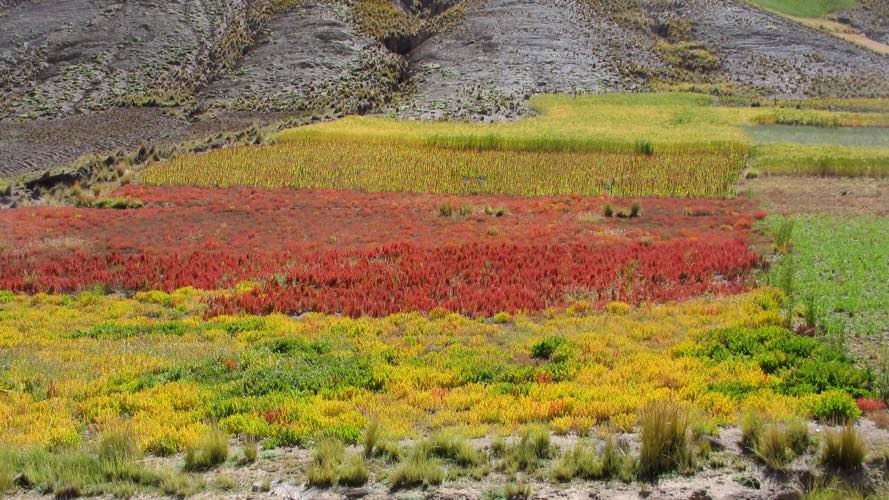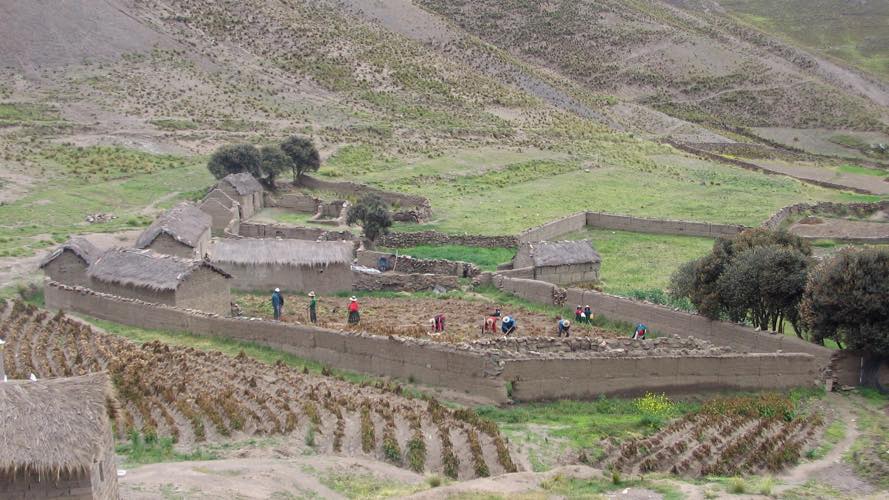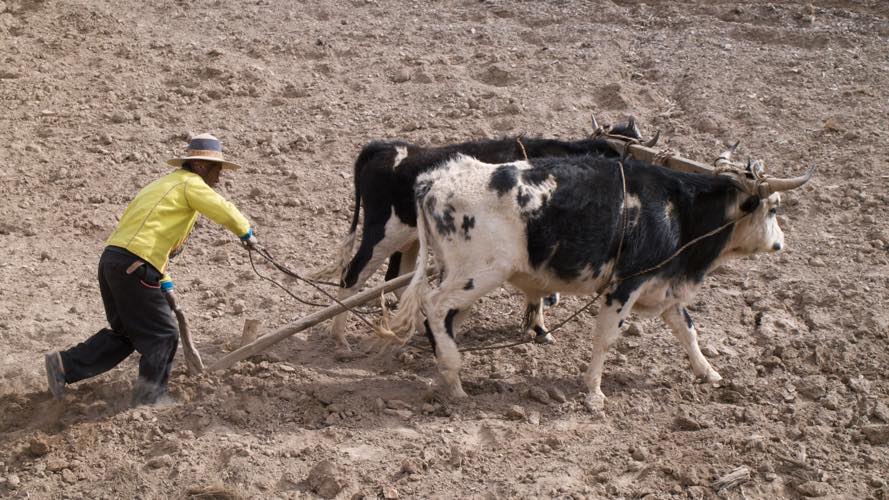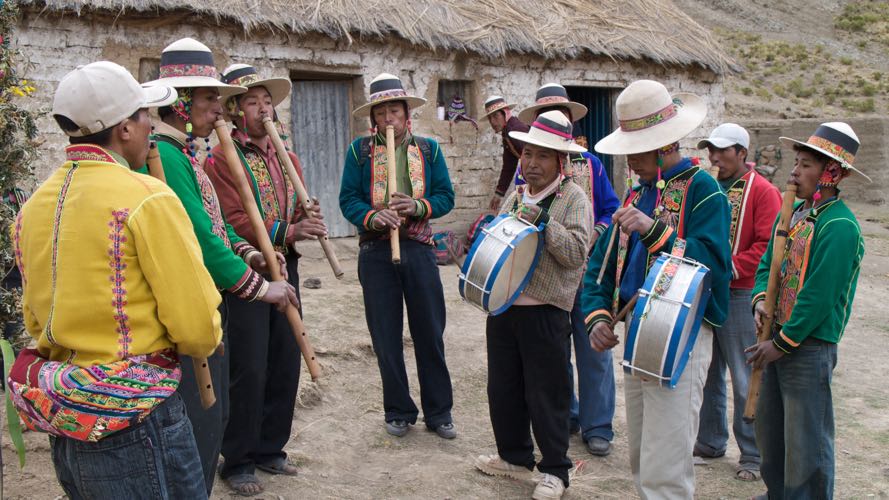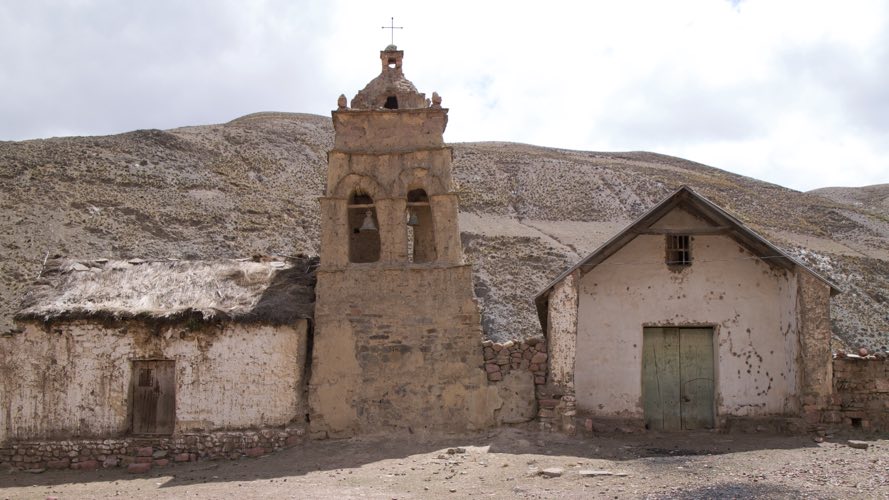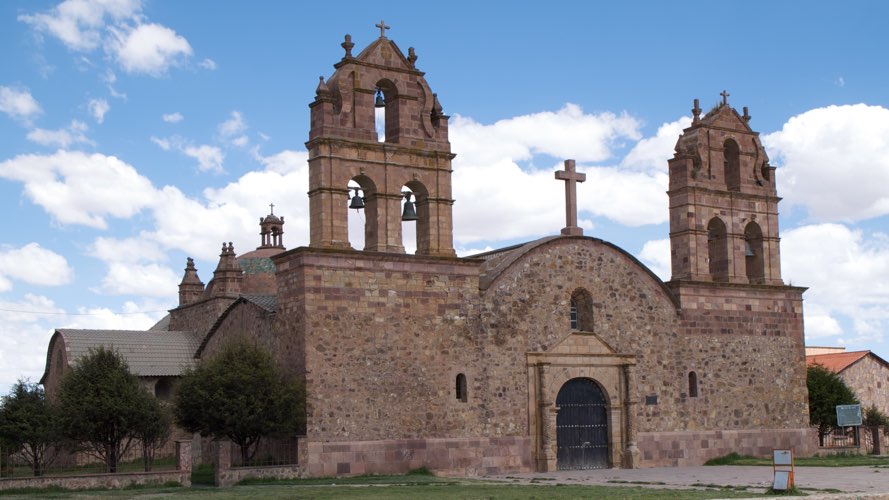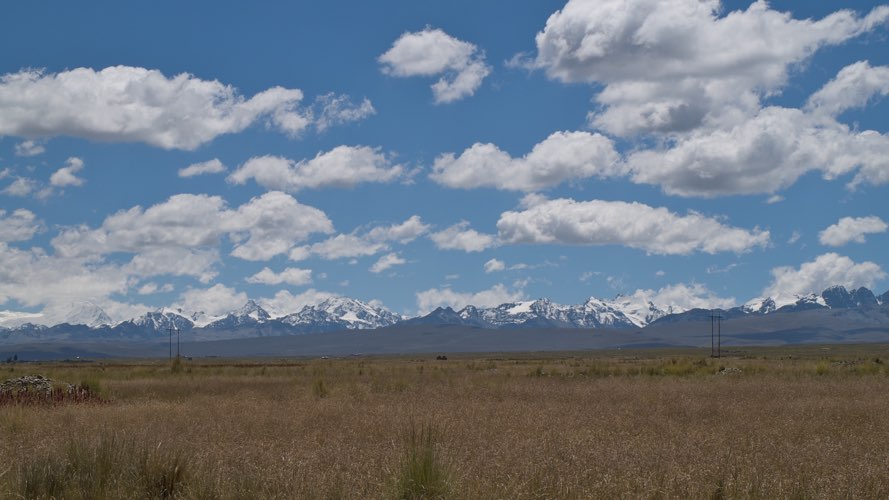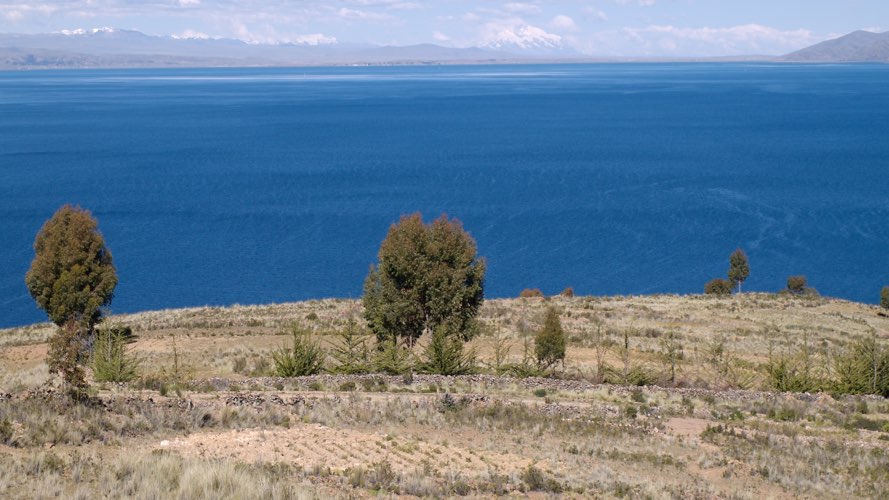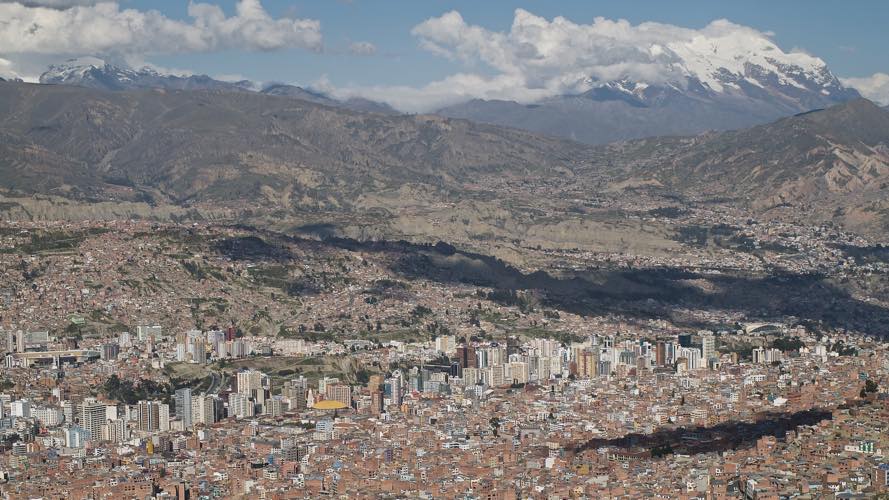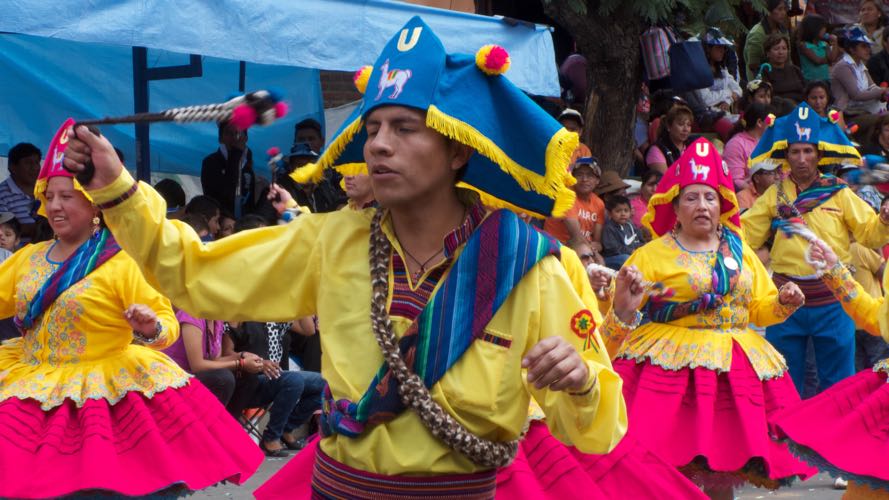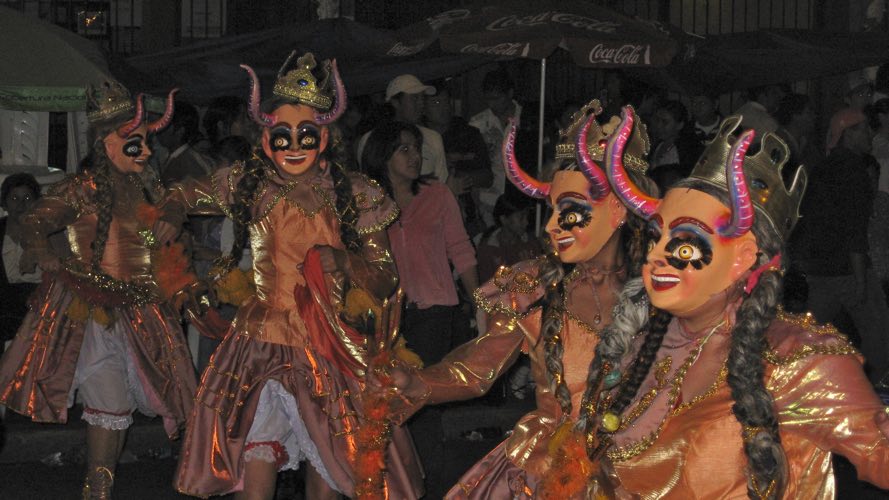Human Family in Christ
© Human Family in Christ, 2016. All rights reserved. Updated 2022 February 12
Canadian Registered Charity, Canadian Revenue Agency Nº 89333 7568 RR0001.
ESTADO PLURINACIONAL DE BOLIVIA
History
BOLIVIA, named after independence fighter Simón Bolívar, broke away from Spanish rule in 1825. Democratic civilian rule was established in 1982.
IN 2005 Evo Morales was elected president.
IN 2012 the Government passed the world’s first law that gives rights to the environment.
Geography
AREA: 1,098,581 km2 (France: 551,500 km2)
CLIMATE: humid and tropical to cold and semi-arid
TERRAIN: rugged Andes Mountains with a highland plateau at 3,800 m/12,500 ft (Altiplano), high valleys at 2,400 m/8,000 ft, lowland plains of the Amazon Basin
Capital: Sucre; Government: Nuestra Señora de La Paz.
Demographics
QUECHUA 30%, mestizo (mixed white and Amerindian ancestry) 30%, Aymara 25%, white 15%
POPULATION: 11,700,000 (July 2018 est.)
RURAL population: 31%
Health
LIFE expectancy: 69 years (CAN: 81.5)
MATERNAL mortality: 206 deaths/100,000 births
(CAN:12)
INFANT mortality
Male: 41 deaths/1,000 births (CAN: 5.2)
Female: 34 deaths/1,000 births (CAN: 4.5)
Economy
BOLIVIA is a resource rich country with strong growth attributed to natural gas exports to Brazil and Argentina. Gas accounts for roughly 50% of Bolivia's total exports.
EXPORTS: natural gas, soybeans and soy products, crude petroleum, zinc ore, tin
GDP: $36.7 billion (CAN:$1.972 trillion)
GDP/capita: $3,251 (CAN: $55,559)
POPULATION below the poverty line living on less than $2/day: 45%
CHILD labour, ages 5–17: 757,000, 26%
EXCHANGE rate: Bolivianos BOB 7 = USD 1
sources
CIA World Factbook; IMF; Statistics Canada
